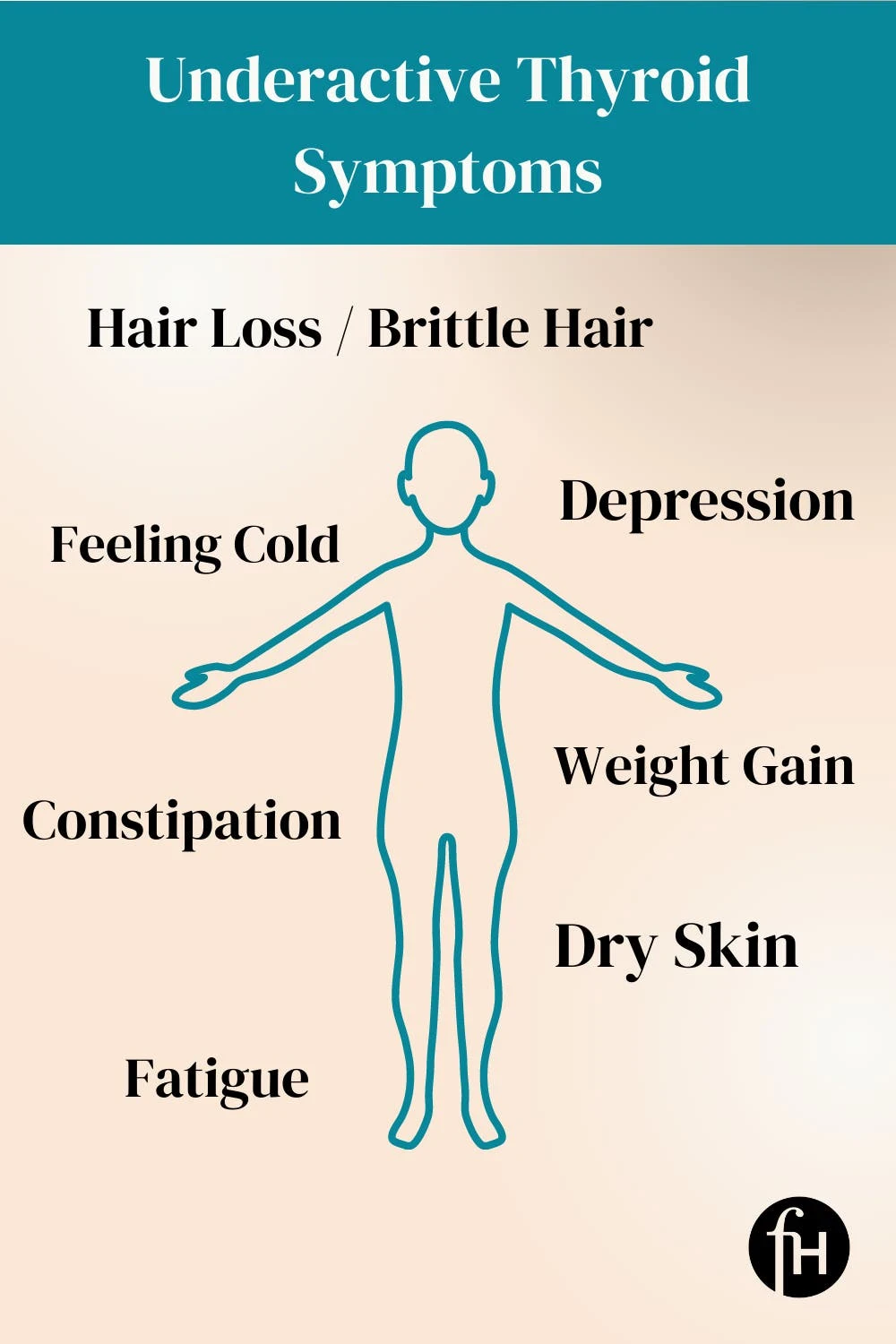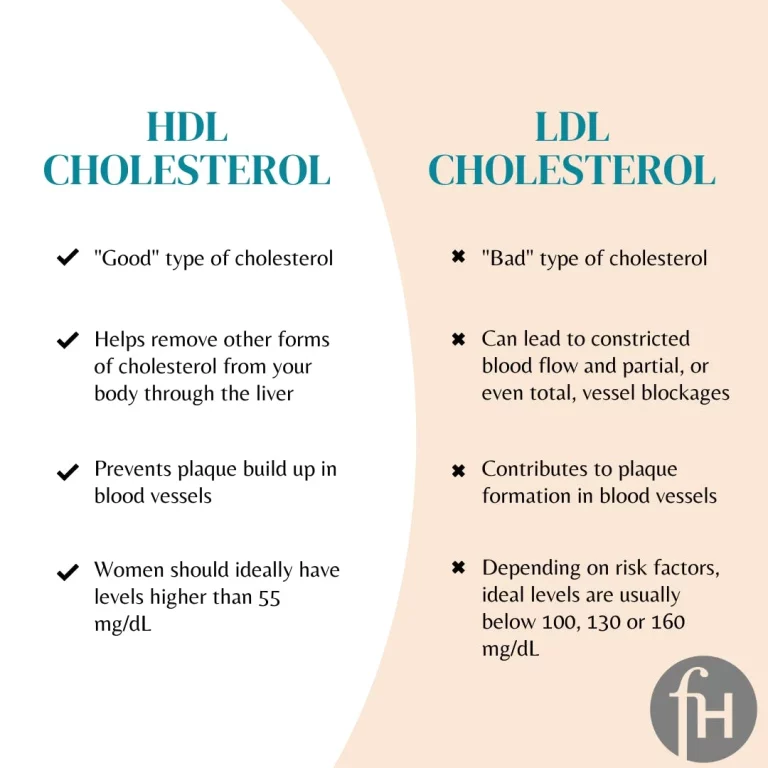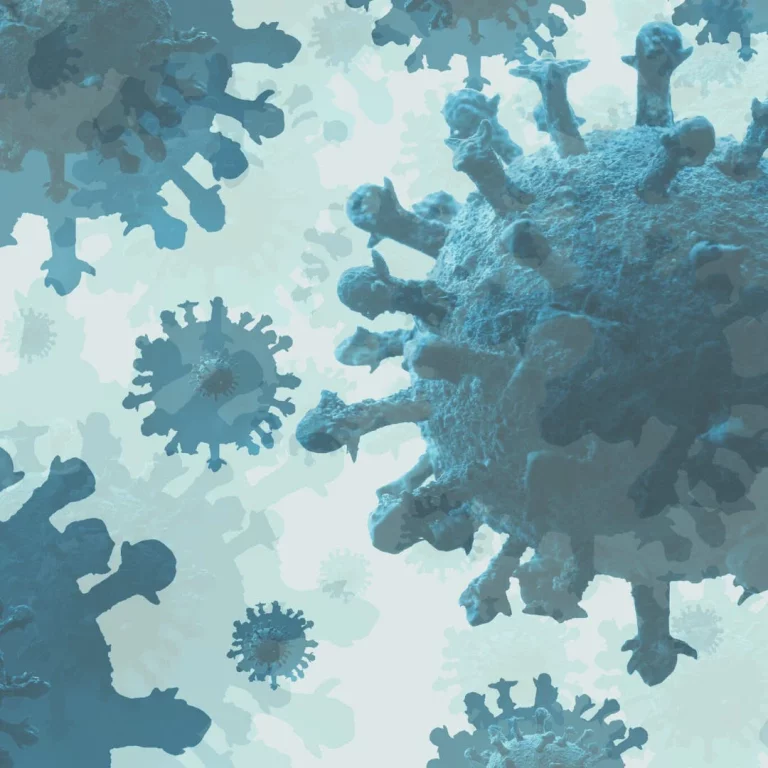Symptoms For Underactive Thyroid (Hypothyroidism)
Our hypothyroidism symptoms checklist below will help you with knowing the signs of having this condition. Hypothyroidism is a condition where the thyroid gland does not make enough thyroid hormone to meet your body’s needs. When this happens, a lot of the body’s functions will slow down.
What is the thyroid?
The thyroid is a small butterfly-shaped gland located in the front of the neck. It sends out hormones that can help control how your body uses energy. Since every part of the body uses energy, thyroid hormone plays an important role in the function of almost every organ, including the heart, brain, liver, kidneys, and skin.
Hypothyroidism Symptoms Checklist
These symptoms are a generalized group that have been noted in individuals with hypothyroidism in the past, but they overlap with many other diseases. If you have any combination of these symptoms, it does not always mean you have hypothyroidism. Rather, they are an indicator that it might be good to check thyroid function.
General/Metabolism-related factors
● Fatigue
● Drowsiness
● Depression
● Weight gain
● Fluid retention
● Decreased sweating
● Increased sensitivity to cold
Skin, Hair, and Nails
● Dry skin
● Coarse hair with increased hair loss
● Brittle nails
Gut Symptoms
● Constipation
Cardiovascular
● Decreased heart rate
● Anemia
● High cholesterol levels
Diagnosis For Hypothyroidism
Related: Thyroid Symptoms In Female – Underactive Vs Overactive
Since the symptoms of hypothyroidism can potentially overlap with hyperthyroidism, other endocrine diseases, or even non-endocrine causes, the best way to know if you have hypothyroidism is to visit your primary care physician or an endocrinologist. By reviewing your blood work and listening to your history, they can accurately diagnose and recommend a plan of care or follow-up.
Hypothyroid Tests
TSH (thyroid stimulating hormone)
TSH is a stimulating hormone released by the pituitary gland. It binds to your thyroid cells and stimulates it to release thyroid hormone. If TSH levels are high, it could indicate hypothyroidism since low thyroid hormone levels will cause the pituitary to release more TSH.
T4 & T3
T4 and T3 are your thyroid hormones. T4 is the one that is primarily checked, and if its levels are abnormally low*, it indicates hypothyroidism.
*Important note- since the “normal” levels of T3 and T4 fall in a very wide range, individuals can have varying definitions of what a “normal” or “abnormal” level is for them.
Thyroid antibodies
If there are thyroid antibodies present in the bloodstream, it can indicate likelihood of an autoimmune disease being the cause of the hypothyroidism.
Hypothyroidism Causes
There are many causes of hypothyroidism. Among them are:
Hashimoto’s Thyroiditis. The most common form of hypothyroidism is Hashimoto’s thyroiditis. It is an autoimmune disorder where the thyroid is attacked by your own immune cells and over time, your gland may produce less thyroid hormone2.
Radiation Treatment. When patients with other medical conditions are treated with radiation in their head or neck, thyroid gland damage can cause it to produce less hormones (3)
Congenital Hypothyroidism. Sometimes, babies can have hypothyroidism if they are born with an absent or partially formed thyroid, or if their thyroid cells do not work correctly (3)
Pituitary gland damage. The pituitary gland in the brain sends out a hormone (TSH) which tells the thyroid gland how much thyroid hormone (T4 & T3) to make. If the pituitary is damaged by a tumor, radiation, or surgery, it may no longer produce TSH (thyroid stimulating hormone), resulting in the thyroid producing less T4 and T31.
Too much or too little iodine. The thyroid gland needs iodine to make thyroid hormone. Having too little or too much iodine in the diet can cause or worsen hypothyroidism3.
As outlined above, there are many different causes of hypothyroidism, so be sure to check with your physician to determine the cause.
How Is Hypothyroidism Treated?
Hypothyroidism is treated by replacing the hormone that your own thyroid is struggling to make, in order to raise the levels of thyroid hormone to what they should be for you. Levothyroxine is a medication that is identical to the hormone that the thyroid normally makes. It comes in the form of a daily pill. The dosage of the medication will vary significantly from person-to-person, since it depends on your body’s specific thyroid levels.
Your primary care physician or endocrinologist will require repeat blood work every 3 to 6 months initially in order to keep track of your thyroid hormone levels and adjust the dosage of medication as needed.
- https://www.niddk.nih.gov/health-information/endocrine-diseases/hypothyroidism
- https://www.aace.com/disease-and-conditions/thyroid/all-about-thyroid
- https://www.thyroid.org/hypothyroidism/
- Heymann WR. Cutaneous manifestations of thyroid disease. J Am Acad Dermatol. 1992 Jun;26(6):885-902. doi: 10.1016/0190-9622(92)70130-8. PMID: 1607406.
- I Klein, K Ojamaa, Thyroid hormone and the cardiovascular system: from theory to practice, The Journal of Clinical Endocrinology & Metabolism, Volume 78, Issue 5, 1 May 1994, Pages 1026–1027, https://doi-org.proxy.kcumb.edu/10.1210/jcem.78.5.8175954
- Green ST, Ng JP. Hypothyroidism and anaemia. Biomed Pharmacother. 1986;40(9):326-31. PMID: 3828479.
We discuss products we think are useful to people. If you buy something through our links, we may earn a commission. Remember to check with your personal physician to see if a product recommended is right for you.








